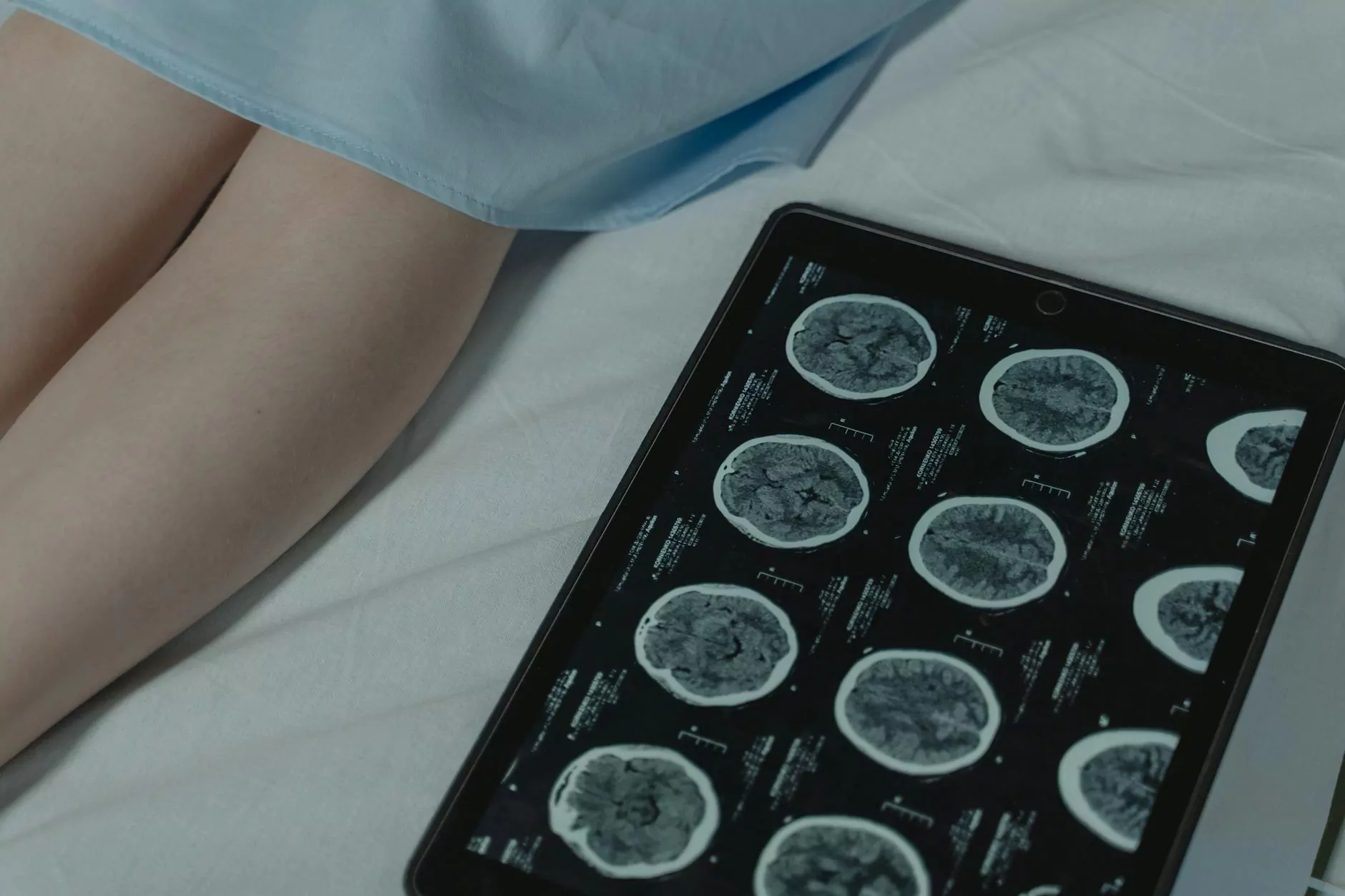6 Symptoms of Liver Cancer

Welcome to Greenstem Clinic, your trusted source for comprehensive health information. In this article, we will explore the 6 common symptoms of liver cancer, providing you with detailed insights into each symptom and its significance. If you suspect any liver-related issues, it's important to consult a healthcare professional promptly.
1. Unexplained Weight Loss
One of the key symptoms of liver cancer is unexplained weight loss. This can occur when the cancer affects the liver's ability to metabolize nutrients, leading to a decrease in appetite and subsequent weight loss. If you've been experiencing a significant and unexplained drop in weight, it is essential to consider the possibility of liver cancer.
2. Abdominal Pain and Swelling
Liver cancer can cause abdominal pain and swelling as the tumor grows. This pain may be dull or sharp and is typically felt in the upper right side of the abdomen. Additionally, an enlarged liver can result in noticeable abdominal swelling. If you experience persistent or severe abdominal pain, consult with a medical professional for evaluation.
3. Jaundice
Jaundice is a yellowing of the skin and eyes that can occur when liver cancer blocks the bile ducts. When bile cannot flow properly, bilirubin (a yellow pigment) builds up in the body, leading to the characteristic yellow discoloration. If you notice yellowing of the skin or eyes, it is crucial to seek medical attention for proper diagnosis and treatment options.
4. Fatigue and Weakness
Feeling excessively tired and weak is a common symptom of liver cancer. When cancer affects the liver, it can disrupt normal bodily functions, leading to fatigue and a general sense of weakness. If you find yourself consistently drained of energy, even after adequate rest, it's important to consider liver cancer as a potential cause.
5. Loss of Appetite
Liver cancer can often result in a loss of appetite, even leading to unintentional weight loss. The tumor's impact on the liver's functioning can reduce the desire to eat or make eating uncomfortable. If you have noticed a significant decline in your appetite, it is crucial to discuss this symptom with a healthcare professional.
6. Changes in Stool Color
Changes in stool color can be an indicator of liver cancer. When the liver is affected, it may impact the production and flow of bile, resulting in pale, gray, or clay-colored stools. This change in color can be an important sign to watch for and should be discussed with a healthcare provider.
Remember, early detection plays a vital role in the successful treatment of liver cancer. If you experience any of the symptoms mentioned above or have concerns about your liver health, make an appointment with Greenstem Clinic. Our experienced team of healthcare professionals can provide accurate diagnosis, personalized treatment plans, and ongoing support throughout your journey.
Disclaimer: The information provided in this article is for educational purposes only and should not be considered as medical advice. It is essential to consult with a qualified healthcare professional for proper diagnosis and guidance related to your specific situation.










